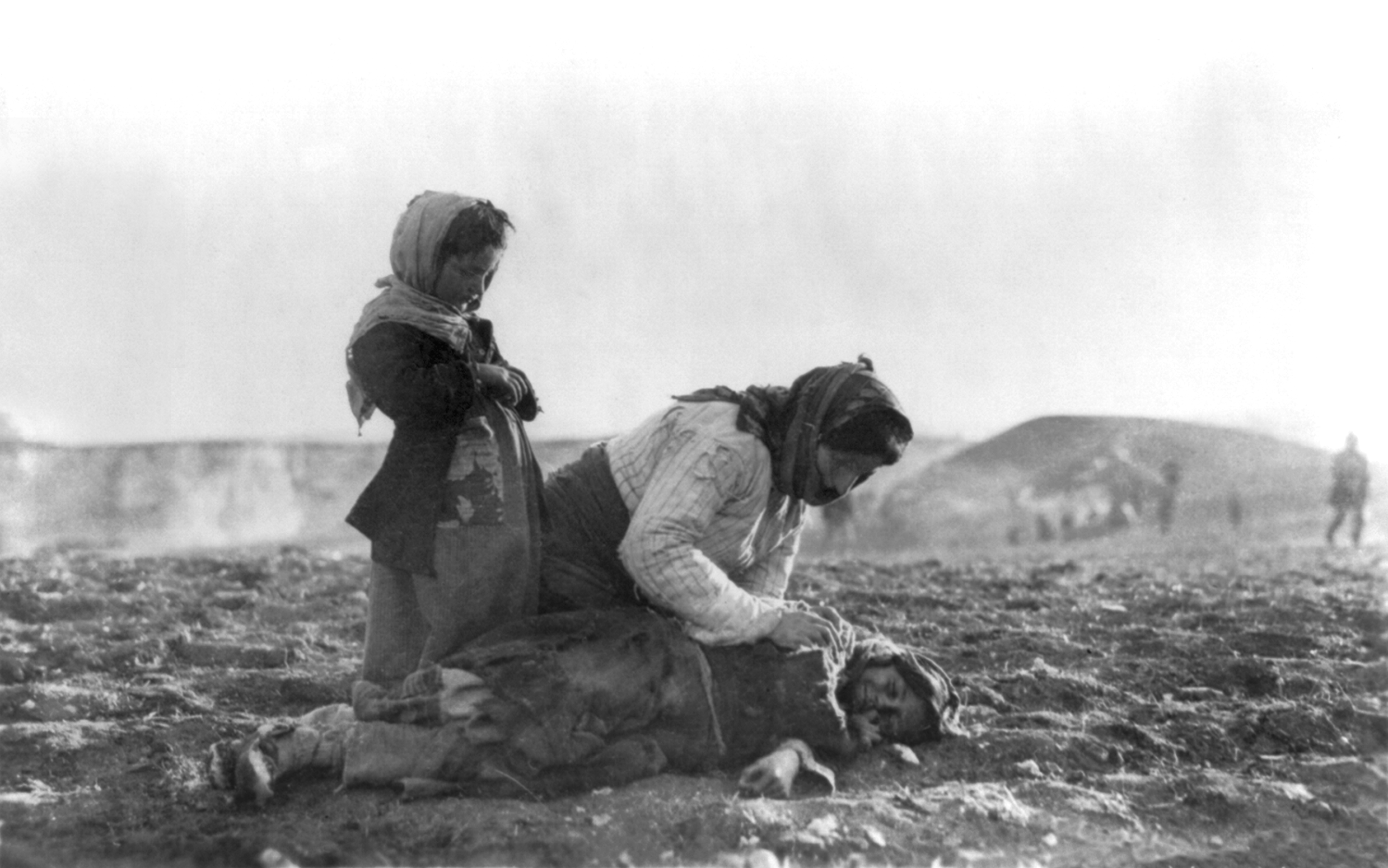I work in a field where a genuine word is, surprisingly, hard
to find. Countless mediums are too often
filled with warm and fuzzy content seeks to arouse emotional goose bumps rather
than honest, sometimes-hard, discussions that arouse true conviction. I have often been guilty of producing more
than my fair share of fluff, and I’ve struggled with striking balances of sentiment
and substance when explaining the context of what we do, how we do it, who we
serve and the impact we seek to make. I often
get off-balance, and as an insider to this particular location (the Middle
East) and vocation (missions, development), I can see that many others do as
well.
So I was surprised when came across a genuine word. It was in a familiar place (our ministry
office, literally next door to me) and from a familiar voice (our national
director), but the message posted in an organization newsletter was starkly unfamiliar. Rather than appealing to clichés, simplicity and
dramatics, it spoke with sincerity about what we do and I why. Not only was I surprised to see the words, I
was surprised to realize how much I needed to hear them. Like a little corrective voice, the passage
again turned the head of my heart in a direction worth pursuing. Perhaps you will too find it a genuine word
and a reminder of the purpose to continue with faith in towards the
opportunities around us.
Our part of the world
has been plagued by war for decades. I
lived most of my childhood through the so-called “Lebanese Civil War” that
wrecked havoc in the country for 15 years.
Hundreds of thousands of lives were lost. We were eventually driven out of our home
town and forced to leave everything behind.
That was the hardest part for me.
My sense of security and belonging was gone, along with all my childhood
pictures. Carrying only scarred
Memories, my hope in life was seriously shaken.
In His perfect timing,
God’s children came into our lives as family providing practical help and
sharing the Good News about a better future in a heavenly city. A new sense of hope was restored in me. I’m most grateful for the opportunity we have
at Kids Alive Lebanon, not only to be God’s serving hand but also His voice
that instills hope. Pain and suffering
surround us. But our programs provide a
safe haven for the precious children who have been entrusted into our
care. Their needs are met and their eyes
opened to the love and salvation that God has in store for them.
Our ministry embraces
street kids, refugee children, orphans, and those who suffer from abuse or
neglect. They all find the care that
every child, created in God’s image, deserves.
At the Oasis, using our limited resources, we’ve embarked on an exciting
adventure with the Lord to make a difference in the lives of 60 Syrian refugee
children. We’ve been learning together with the children that nothing is
impossible with God. They have come to
appreciate the Word and they love to sing songs of praise which lift them above
the ugliness of war and its horrors. We
appreciate all those who share the same vision and help us accomplish great
things for God!”
Joseph Ghattas
Field Director, Lebanon


























.jpg)
.jpg)
.jpg)

.jpg)
.jpg)



